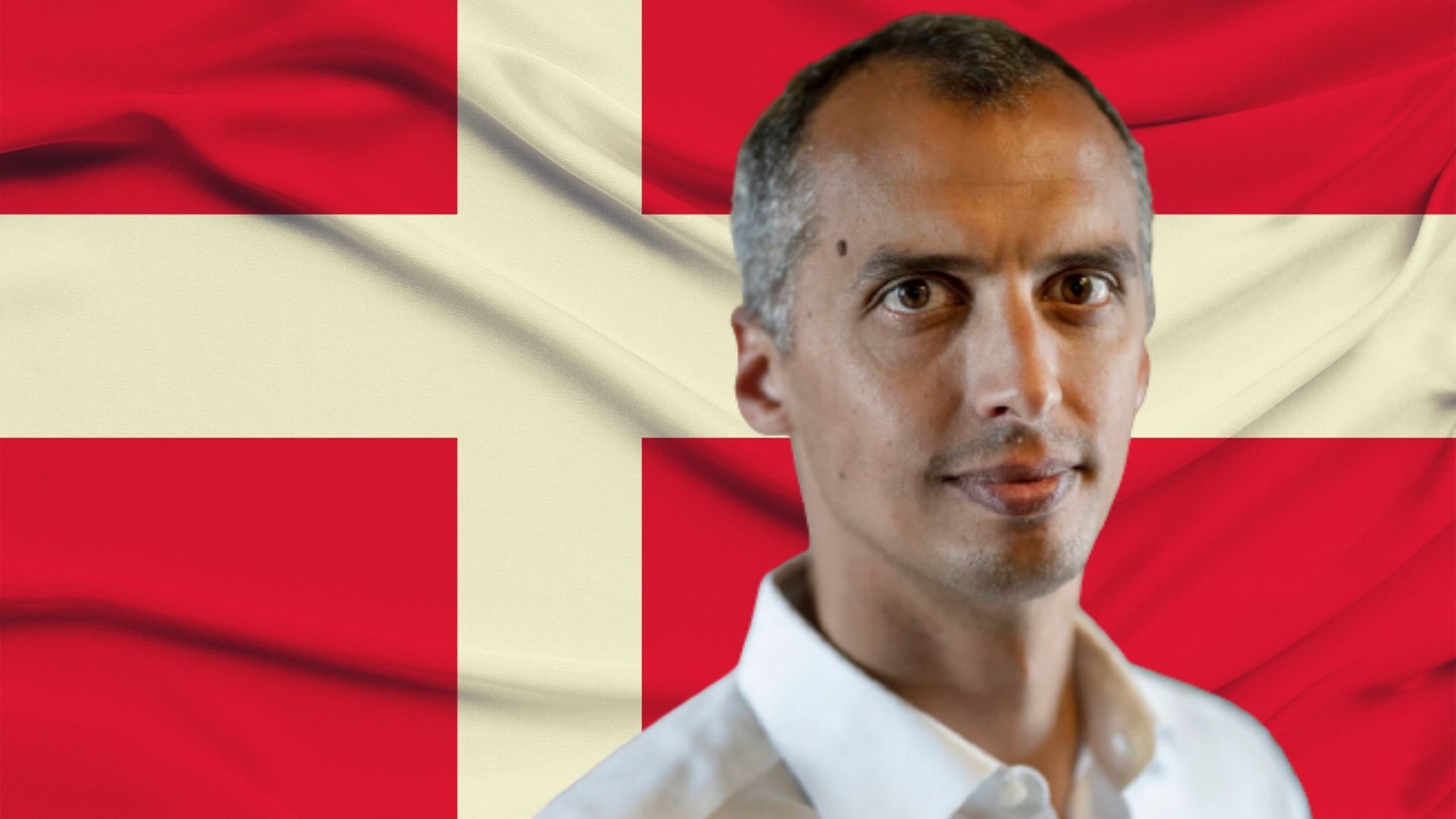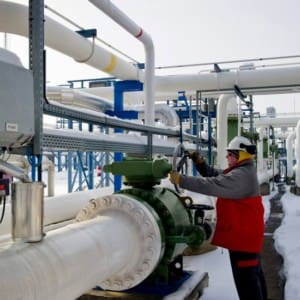Denmark’s Minister of Immigration and Integration Mattias Tesfaye has called it misguided solidarity for a society to take in as many asylum seekers as possible, saying that it is his dream to have zero asylum seekers in Denmark.
While speaking with the Swedish online newspaper Bulletin, Tesfaye, a member of the left-wing Social Democrats whose mother happens to be Ethiopian, referred to Europe’s current asylum system as immoral and unsustainable.
“My dream is zero asylum seekers in Denmark,” he said, adding: “I believe that the existing European asylum system cannot be defended either morally or politically.”
“The asylum system is used for migration to an extent that our welfare society cannot absorb, and that challenges cohesion in Denmark. That is why we have to get asylum immigration under control,” Tesfaye continued.
Earlier this summer, Tesfaye’s party passed legislation that enabled Denmark to process asylum seekers outside of Europe, drawing criticism from pro-migration NGOs, the UN, and the European Commission. The law allows Denmark to relocate asylum seekers who’ve arrived on Danish soil to centers in a third country, to have their cases processed.
Throughout his sit-down with Swedish reporters last week, Tesfaye defended the newly adopted policy, arguing that it will work to preserve the Danish welfare state and afford increased protection to a greater number of asylum seekers.
“We want to get rid of all expenses for the asylum system with lawyers, accommodation, interpreters, and travel home for those who have had their application rejected,” he said.
“Instead, use the money where the conflicts are and let the UN decide which quota refugees can settle in Denmark. It’s my dream.”
Instead of pouring money into the current system, which he says is grossly wasteful, Tesfaye argues that more asylum seekers can be helped if funds go mainly to humanitarian aid in the vicinity of the conflicts which are resulting in people leaving in the first place.
“The majority of the world’s refugees are in the immediate vicinity of their home country,” the minister said, adding: “I believe that there is an international responsibility to help the neighboring countries where they now reside.”
In addition to praising Denmark’s robust social welfare system and speaking of its immense importance, Tesfaye also recounted his experience growing up as the son of a single, unemployed, Ethiopian asylum seeker.
“I grew up in the 1980s with a single mother who was unemployed. It was the welfare state that gave me my opportunities. It was the welfare state that lifted me out of poverty and gave me an education as a bricklayer. I cannot defend breaking that society. And we will do that if too many migrants come here. The community needed in a people’s home is crumbling.”
He also commented on dangerous outcomes that can occur when a society takes in too many immigrants and fails to properly integrate them.
“People who do not become integrated, who find themselves at odds with our society, commit more criminal acts. If you don’t have immigration under control, you get violent, crude crime. Right now, crime is falling in Denmark. The number of gang members is decreasing. That is really positive.”
In order to prevent the formation of parallel societies, the Danish government – with the support of the Liberal Party, the Danish People’s Party, the Socialist People’s Party, the Conservatives, and the Liberal Alliance – launched an initiative that seeks to prevent areas from being made up of more than 30 percent of “non-western immigrants and descendants”.






